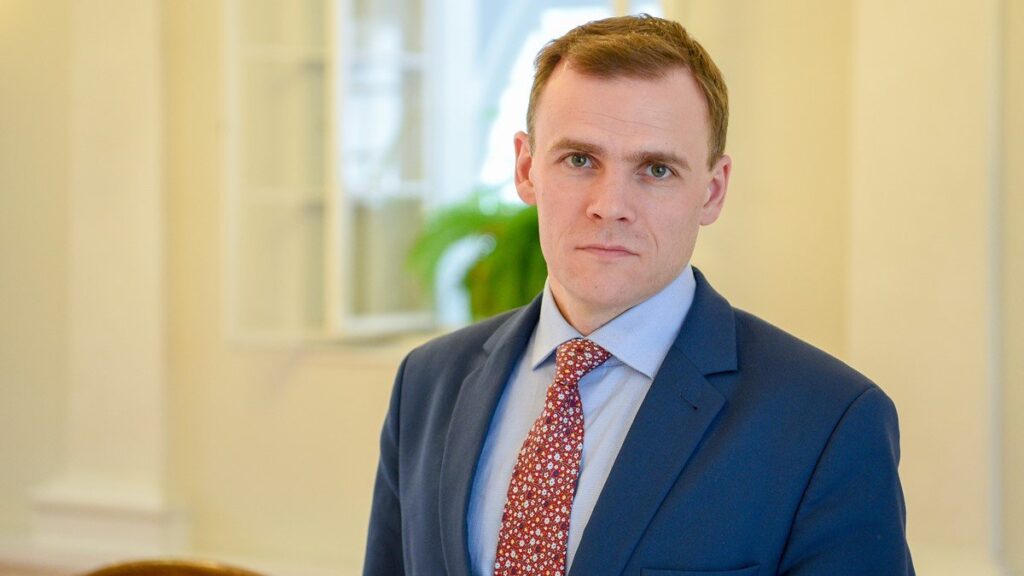Lithuanian MPs on Monday registered amendments to the Gambling Law seeking to further tighten gambling advertising in the country as of 2025. Around 50 MPs, mostly from the ruling majority, have signed the amendments proposing to prohibit the dissemination of information about the gambling companies sponsoring any public events, activities, natural or legal persons.
If the amendments are adopted, they would eliminate the advertising of betting, wagers, and casinos on television, in newspapers, magazines, or news websites, and on street billboards. Additionally, the names and logos of gambling operators could appear on the jerseys of athletes and in arenas during sporting events.
According to LRT, companies would only be able to publish information on the types of gambling at the gambling venue or on the company’s website, the address of which is specified in the Gambling Regulation.
It is also proposed to allow gambling companies to publish information on gambling in publications aimed at professionals in the business. They could also advertise their name and brand on their head office building or gambling venue.
The development comes amidst allegations over Šarūnas Stepukonis, a former BaltCap Infrastructure Fund partner, who allegedly embezzled and gambled away millions of euros of the fund’s money, as well as from the foundation’s companies. The MPs have alleged that the gambling company Olympic Casino Group Baltija has publicly attempted to turn its back from taking any responsibility.
The proposer of the amendments, Mindaugas Lingė of the ruling conservative Homeland Union, has previously stated that the overall revenue of gaming operators increased to 222 million euros ($237 million) last year, from 103 million euros ($110 million) in 2020.
According to LRT, the amount spent on advertising in the gambling business doubled from 6.36 million euros ($6,810,733) in 2020 to 12.73 million ($13,632,175) euros in 2023. The profits that were generated by gambling operators’ profits increased from 20 million euros (21,411,000) in 2020 to more than 53 million euros ($56,722,190) in 2022.




